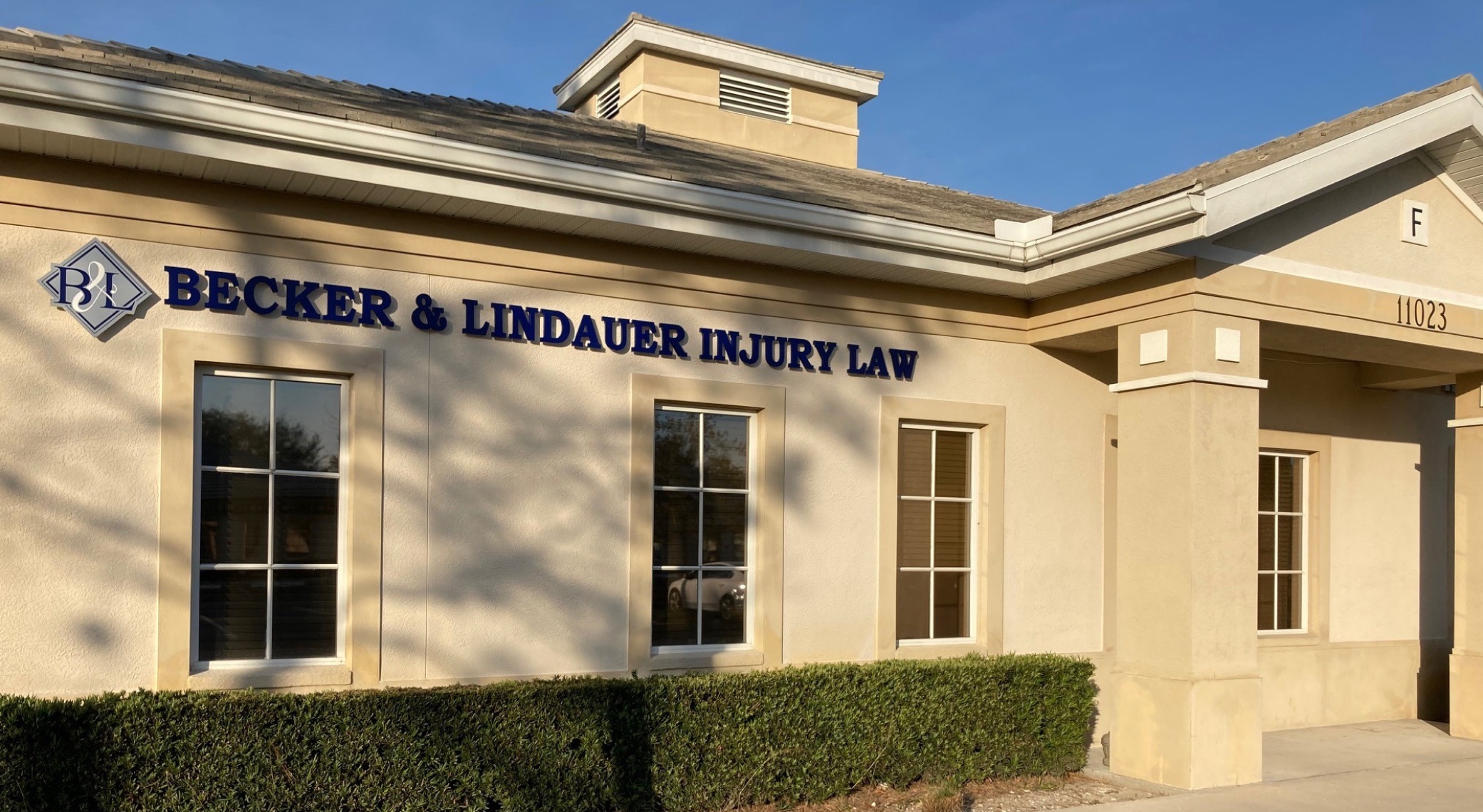Following a car crash, slip-and-fall, or any other injury-causing incident, many focus solely on the visible injuries they sustain. However, psychological injuries, those that may not be apparent at first, can be just as severe, if not more so. Documenting your emotional trauma is essential to crafting a strong personal injury claim. Please continue reading as we explore how to document your pain and suffering after an accident and how our dedicated Bradenton Personal Injury Lawyers can help you fight for the compensation you deserve.
How Can I Document My Psychological Injuries After an Accident?
It’s important to understand that accidents can often leave lasting scars that aren’t always visible. While physical injuries like broken bones or lacerations are readily apparent. The emotional and psychological aftermath can be just as debilitating. Mental health conditions such as Post-Traumatic Stress Disorder (PTSD), anxiety, and depression can emerge following an accident, casting a long shadow over a victim’s life.
These psychological injuries may manifest as sleep disturbances, flashbacks, irritability, hypervigilance, and a persistent sense of fear or dread. Unfortunately, they can hinder a person’s ability to work, maintain relationships, and enjoy life. Despite their profound impact, mental health conditions are often overlooked or minimized because they lack tangible evidence of physical injuries. This can lead to inadequate compensation. As such, it’s crucial to know how to document your psychological injuries.
In the unfortunate event that you are experiencing any psychological trauma after an accident, it’s crucial to seek treatment from a qualified mental health professional. They can diagnose your condition, provide treatment, and document your symptoms. Thorough documentation of your therapy sessions, medications, and other treatments is essential. These detailed records can establish a direct link between your injuries and the accident, helping you secure fair compensation for your pain and suffering.
Keeping a personal journal to track your emotional distress can be a useful alternative if you are unable to access mental health counseling. In your journal, you can record details about your pain, including the location, severity, medication, and its effects, and how your pain affects your daily life and activities.
Finally, witness statements can help you show the damages you suffered. Testimony from yourself, friends, relatives, and others close to you can attest to the changes in your behavior or mental state they have observed. They can support claims that your emotional condition has deteriorated after the accident.
If you have been injured due to someone else’s negligence, it’s advisable to consult with a seasoned lawyer from Becker & Lindauer, LLC, who can help you gather evidence to support your claim. Connect with our firm to learn more about what we can do for you during these difficult times.



